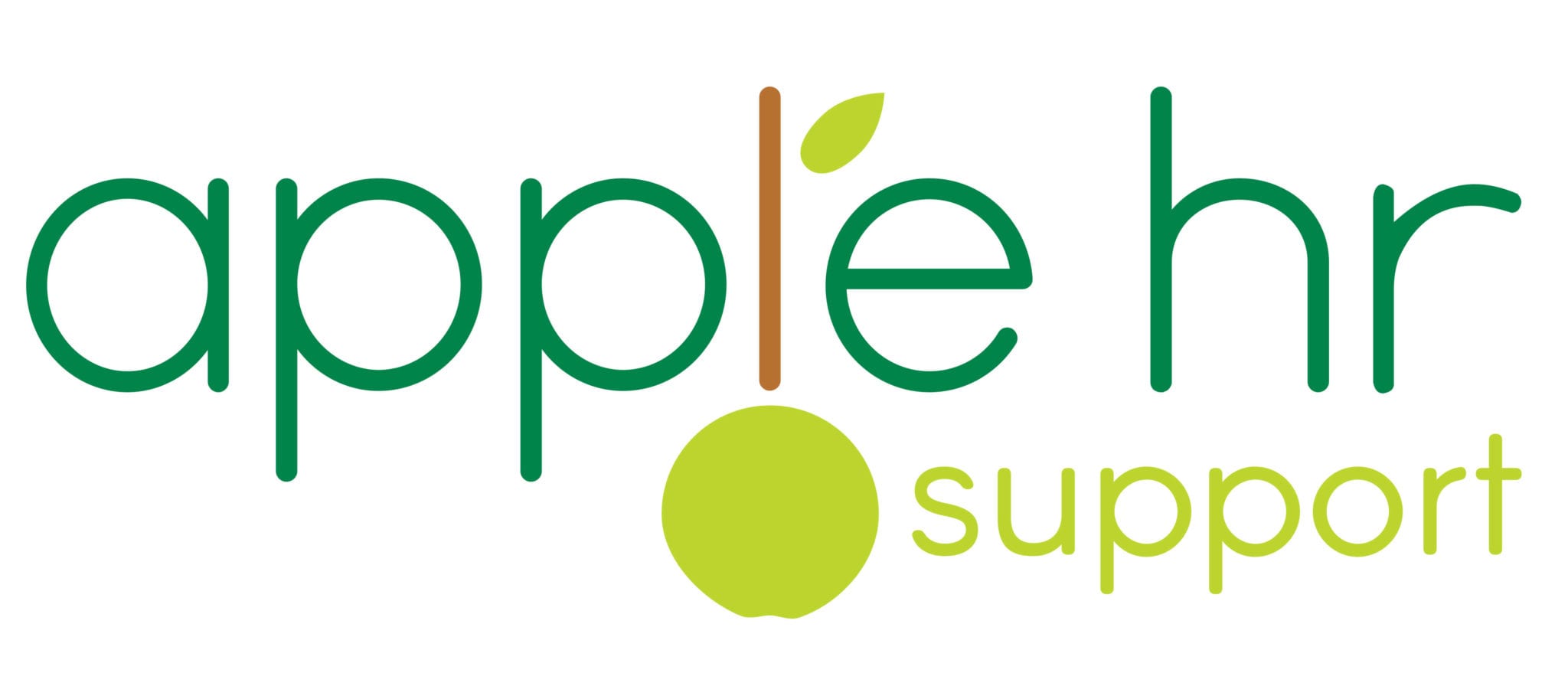
Not every HR issue will turn into a legal problem.
But it’s worth knowing which ones might so that you can handle them well from the start.
Here are 3 things you should fix before they become a legal problem:
1: Underperformance that’s been dragging on
We’ve all been here. Let’s imagine a mechanic’s work keeps needing to be redone, jobs are taking twice as long as they should, and you’ve had a few friendly chats hoping things will improve.
Here’s what can happen:
While you’re giving them time to turn things around, the situation can work against you later. Without clear feedback or expectations on record, it looks like you were happy with their performance.
If you do need to let them go eventually, it becomes much harder to show that you handled things fairly.
Employment law focuses on process, not intentions.
A better approach:
• Start keeping notes of your concerns
• Be specific about what needs to improve and by when
• Check in regularly to see how they’re doing
This protects both of you and gives them the best chance to succeed.
2: Informal complaints about someone’s behaviour
A tradesperson mentions that a colleague’s language is making them uncomfortable. Someone quietly asks if you can help with inappropriate comments from another crew member.
You have a chat with the person involved, they seem to get it and you think it’s sorted.
Here’s what can happen:
If the behaviour continues, or someone makes a formal complaint later, you’ll be asked what steps you took when it was first raised.
A quick informal chat might not be enough if someone later claims they experienced ongoing harassment that wasn’t properly addressed.
A better approach:
• Keep a brief record of any concerns raised, even casual ones
• Have a proper conversation with the person involved and note what was discussed
• Follow up with whoever raised the concern to check things have improved
Taking it seriously from the start protects everyone.
3: Confusion around flexible working or parental leave
The rules around this have become more employee-friendly recently.
A hairdresser asks about working school hours only after returning from maternity leave. Another stylist mentions preferring to avoid Saturday shifts because of childcare.
These might sound like casual conversations, but they’re actually requests that need to be handled properly. Staff don’t need to use formal language to trigger your legal obligations.
Here’s what can happen:
Misunderstanding the rules or handling requests poorly can lead to discrimination claims that are expensive to defend, regardless of your intentions.
A better approach:
• Get familiar with the current flexible working and family leave rules
• Treat every request seriously, even if it comes up during a casual chat
• Take time to consider your response rather than giving quick answers
• When you’re unsure, get advice before making a decision
Worth getting right from the start
Getting early advice is always cheaper than dealing with problems later. You don’t need to become an employment law expert but knowing when to get help can save you time, money and stress.
The goal isn’t to make every conversation formal. It’s about recognising which situations need a bit more care and handling them well from the beginning.
Small steps now can prevent big headaches later.
